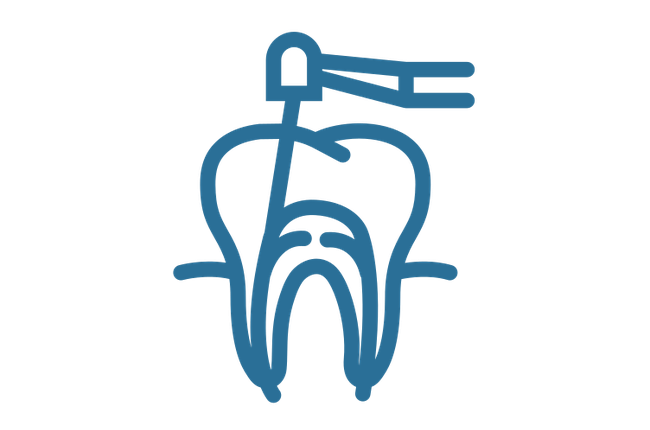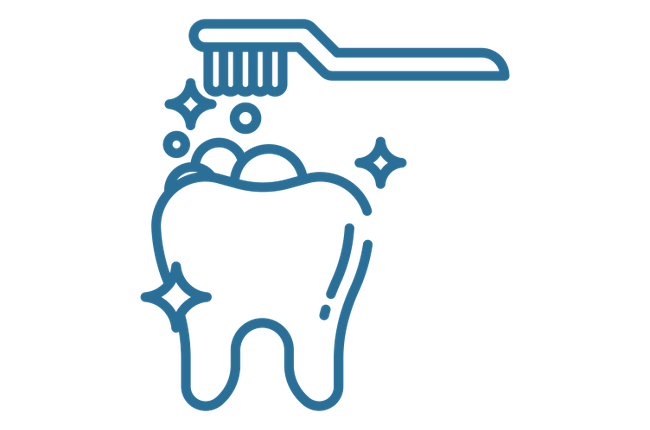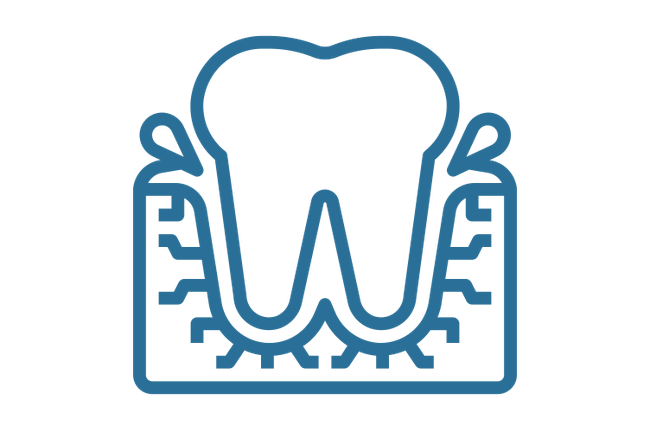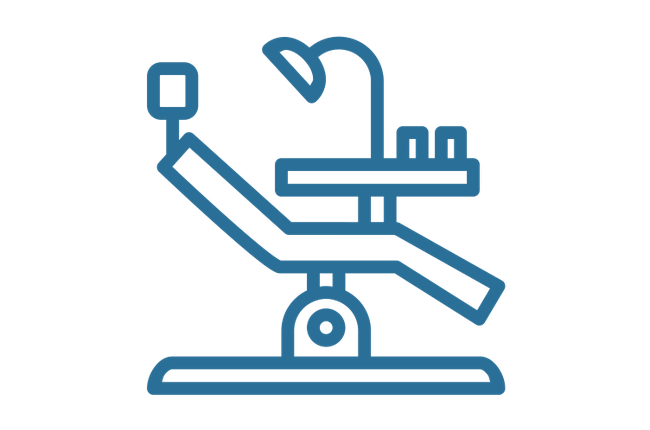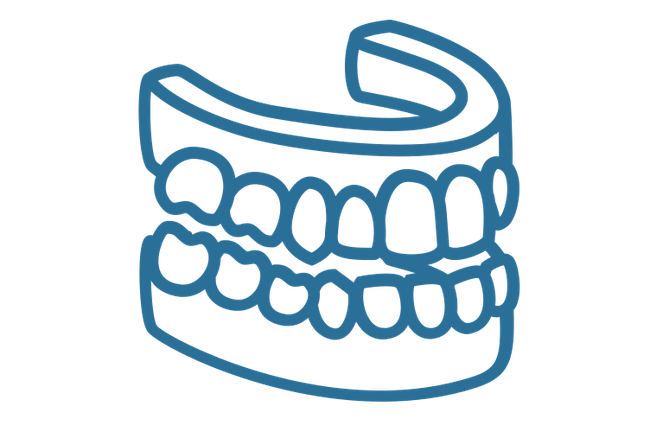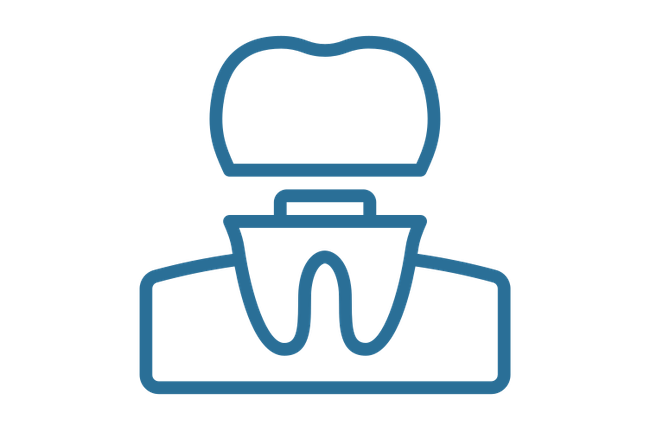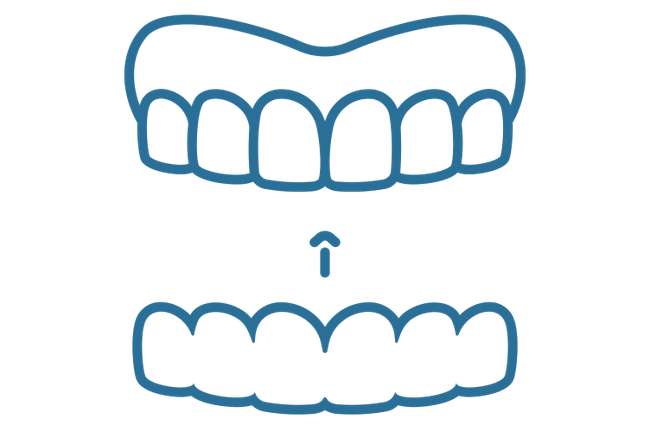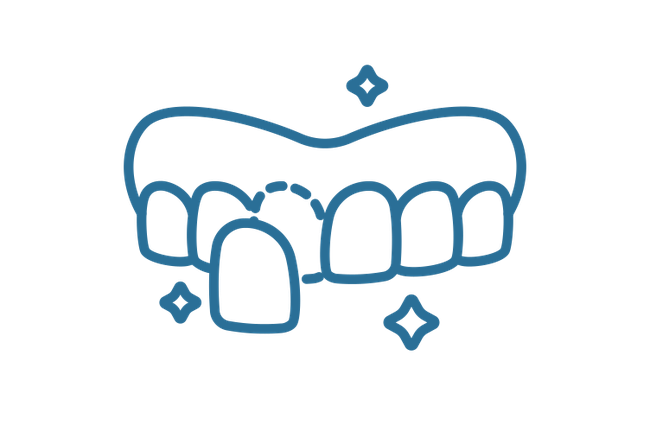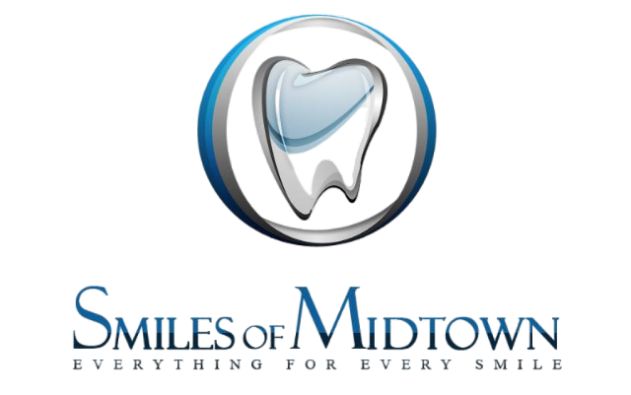TMJ Therapy
Temporomandibular joint disorder, sometimes called TMJ or TMD, is a common and chronic condition affecting the jaw joints. These joints can become inflamed and painful over time due to trauma, disease, arthritis, bite misalignment, teeth grinding, and more. Symptoms of TMJ include headaches, receding gums, tooth sensitivity, stiffness in the jaw muscles, lockjaw, neck pain, and more.
If untreated, TMJ can lead to severely worn teeth, damaged restorations, and other oral health problems. The condition is best treated as early as possible to prevent this damage from occurring. At Smiles of Midtown, our dentist can diagnose your TMD and create a treatment plan to help you relieve your symptoms.
The Causes of TMD
Some of the most common reasons are clenching or grinding teeth at night, arthritis, and misalignment of the bite. Clenching and grinding the teeth can also cause misalignment and broken or worn fillings, crowns, and other restorations. Genetics can also play a role in the severity of TMD symptoms. Patients with a family history of chronic headaches, earaches, facial pain, vertigo, ringing in the ears, jaw clicking or locking, or tinnitus may be more likely to develop TMD.
The Symptoms of TMJ Disorders
Patients experience various symptoms of TMJ disorders, but some are more common than others, including:
- Jaw pain
- Limited mouth opening
- Popping or clicking when opening and closing the mouth
- Tenderness in the jaw muscles and face
- Aching in the face or neck
- Difficulty chewing and swallowing food
- Clicking sounds when the jaw moves
- Earaches or ringing in the ears
Types of TMJ Therapy
When it comes to treating TMJ disorder, there are a few treatment options that our dentist may suggest. These may include over-the-counter medications, lifestyle changes, relaxation techniques, jaw exercises, or physical therapy.
If your pain is more severe, they may recommend you try a bite guard or splint. These devices are worn over the teeth and help to prevent grinding and clenching of the jaw. This prevents further wear on the teeth and decreases jaw pain.
Our dentist may also recommend an orthodontic adjustment if your teeth are not meeting properly or are crowded together. This treatment will help to align the bite correctly and prevent stress on your jaw joints. If these treatments do not help relieve your discomfort, surgery may be recommended as a last resort to permanently remedy the problem.
If you suspect you may be suffering from TMD and want to learn more about treatment options, visit Smiles of Midtown at 3600 San Jacinto St, Houston, TX 77004, or call (713) 523-6848.

